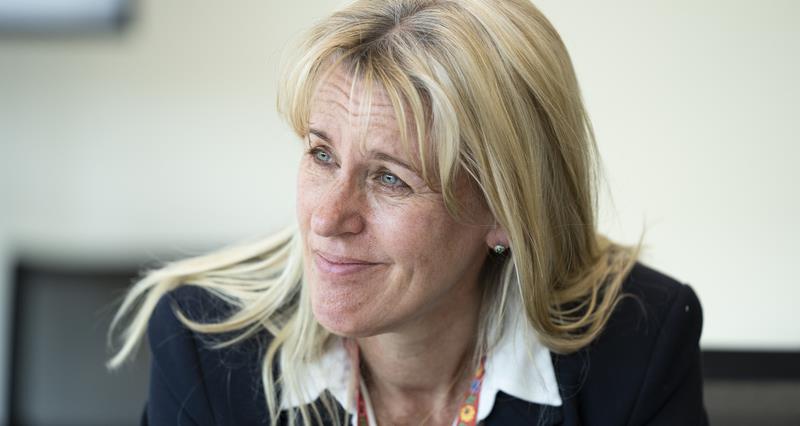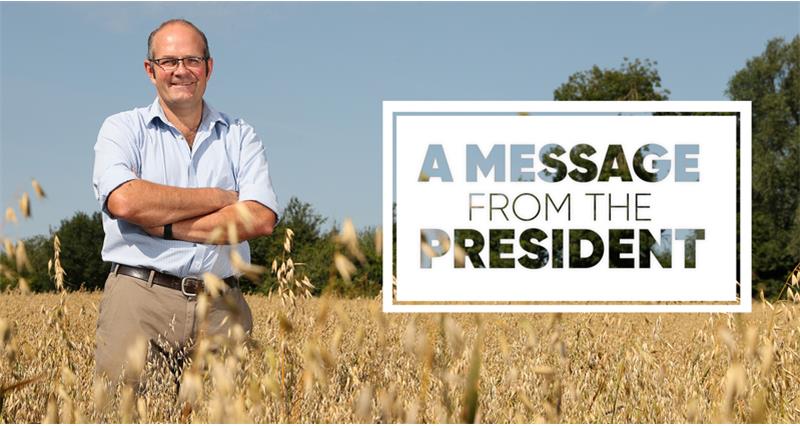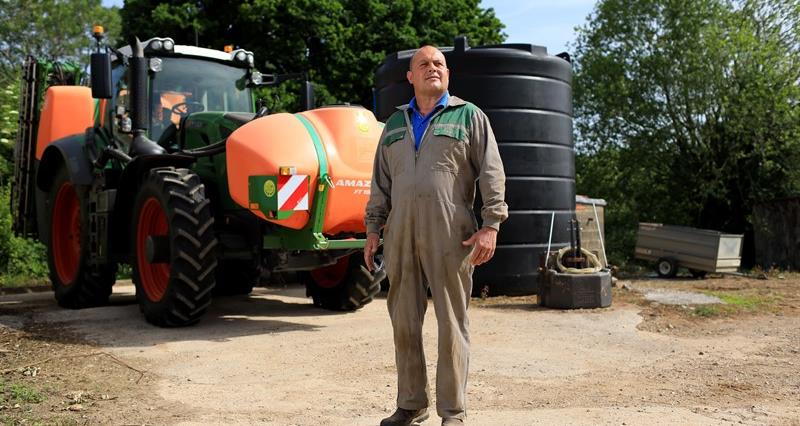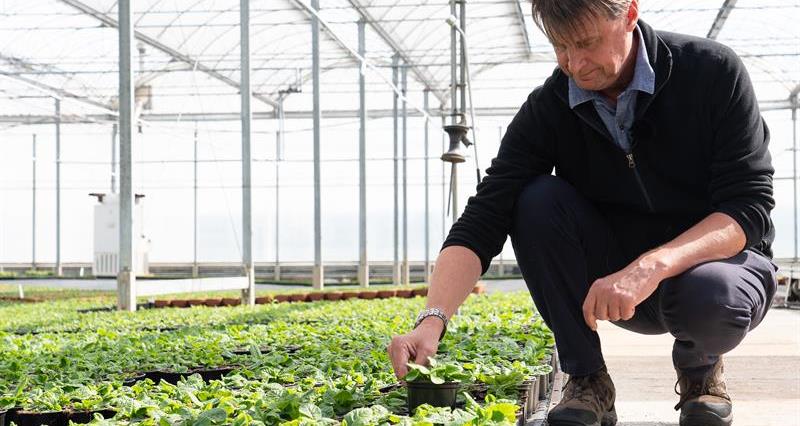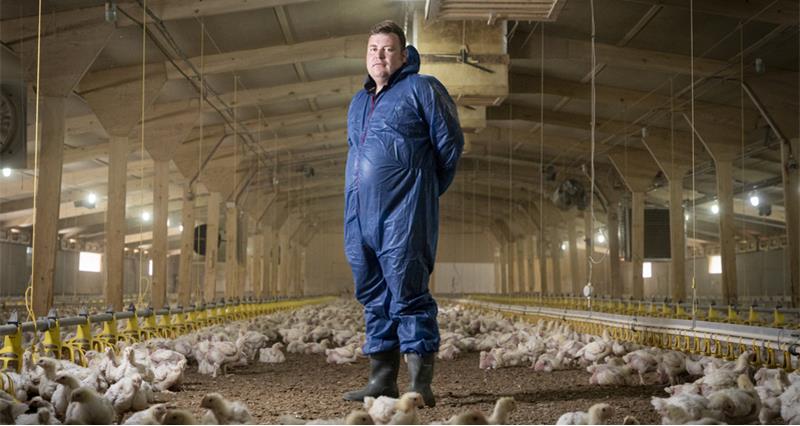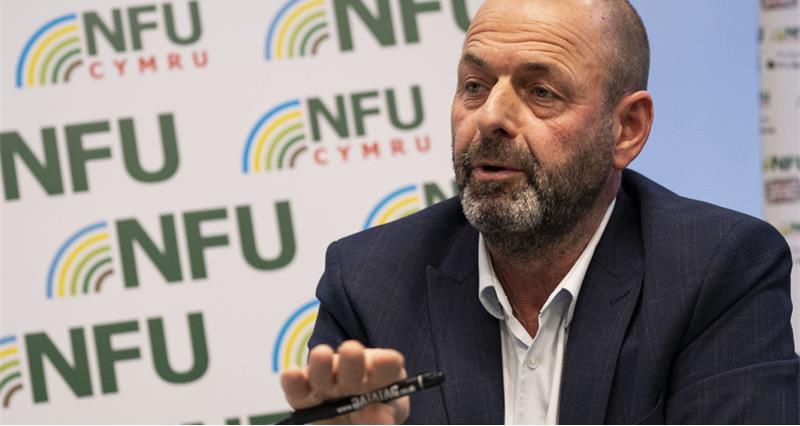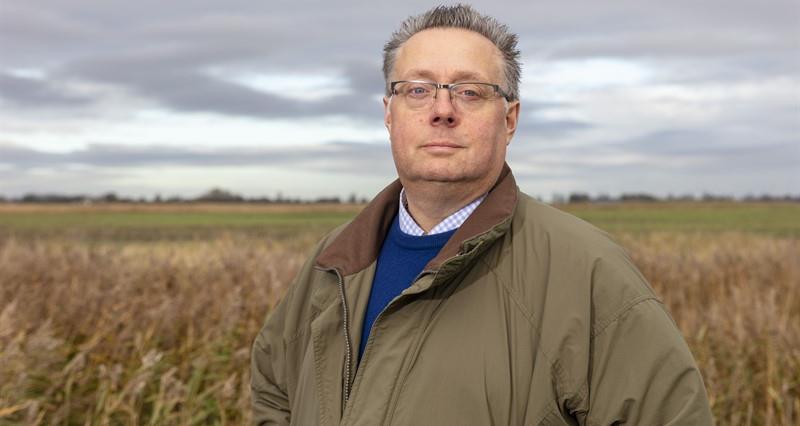As I write my final New Year’s message as President of the NFU, it’s impossible not to reflect upon the unprecedented challenges the farming community has faced over the past twelve months.
Soaring production costs, global turmoil from the Ukraine war, extreme weather and significant delays to the future of farm payments have all put the resilience of British farmers at risk.
Yet, amid these adversities, it’s important not to overlook the incredible successes we’ve seen this year, from the unwavering support of the British public to crucial government policy wins.
A landmark achievement was the first ever Farm to Fork Summit held at No. 10 this summer – a culmination of over a year’s worth of work and campaigning by the NFU. This event secured government commitments to support British farming and protect our domestic food security and concluded with Prime Minister Rishi Sunak’s recognition that food security should be taken seriously by the government.
Two key causes for celebration this year are both the Precision Breeding Bill and Equipment Theft Bill receiving Royal Assent, granting farmers greater access to precision breeding tools for their crops and livestock and the government greater powers against equipment theft.
We campaigned hard on both issues and these bills are important steps forward to help farmers improve their climate-friendly food production and keep their businesses safer from criminals.
“It is heartening to see the public’s recognition and appreciation for the vital work farmers do 365 days of the year to produce climate friendly food, care for livestock, and protect and enhance the environment we all know and love.”
NFU President Minette Batters
Public support has been crucial
Over 27,000 members of the public rallied behind our campaign with Dr Luke Evans MP to get supermarkets to support British farmers and growers by adding a buy British button to their websites, culminating with Morrisons becoming the first supermarket to do so.
Additionally, our petition to ban sky lanterns received over 100,000 signatures and we continue to work with Defra to achieve a national ban in England as they have in Wales.
After one of the wettest autumns on record resulting in acres of farmland and winter crops under water, more than 1,750 people signed our letter urging political parties to address flooding issues.
It is heartening to see the public’s recognition and appreciation for the vital work farmers do 365 days of the year to produce climate friendly food, care for livestock, and protect and enhance the environment we all know and love.
The British public clearly value our farmers and growers, with 82% being in favour of the government setting food security targets, while 84% think food production targets are either as important or more important than the environmental targets we have current legislation for.
I cannot thank the public enough for their support; it has been crucial during the turbulence of the past few years.
Inspiring the next generation
And when it comes to the public, we have made great strides this year to reach out to the younger generation. Our TikTok account has reached over 1.4 million people, educating and informing them about the important role farming plays for the nation. Who knew a video on asparagus production could be so successful?
Our ground-breaking educational initiatives have reached schools nationwide, with more than 360,000 students across 5,000 schools participating in our Live Lessons where agriculture is used to teach valuable STEM (science, technology, engineering and maths) learning.
Our Farmers for Schools ambassador programme, featured in the Lessons at 10 initiative by Akshata Murty, the Prime Minister’s wife, has also seen more than 50 farmers visit primary and secondary schools across the country giving pupils front row access to those people producing their food.
Encouraging the younger generation and making agriculture relevant and interesting is such an important job. Every single one of us is impacted by food and farming, and it’s vital that all children, wherever they are in the country, get the opportunity to understand how their food is produced.
Cuts to direct support payments remain a concern
All of this said, I am extremely mindful that, as we close 2023 and welcome in a new year, there is still much to do. Despite the progress made, the government is still a long way behind on its commitments.
As a matter of urgency, our national food security must now be embedded into the Sustainable Farming Initiative. With 50% of Basic Payment Scheme payments capped, the tapering of payments to 2027 is very concerning for farmers.
England is the only country in the G20 to be stepping back from a commitment to produce food and the disparity of payment rates between grassland and arable land must be addressed.
"I am hopeful that 2023 will be the year that the government gets serious about British food and farming."
NFU President Minette Batters
Urgent action is needed if we are to get the uptake needed to deliver Defra’s own legislated environmental ambitions. The NFU has always maintained that food production and delivering more for nature and the environment must be treated as two sides of the same coin.
We also continue to call for government to deliver on its priorities for growth in horticulture, through a well-resourced producer organisation scheme, as well as focusing on policies to drive productivity investment, supply chain fairness and access to skilled labour.
Food security is top priority
While it was brilliant to see Defra’s commitment to building sustainable energy supplies with the recent announcement that horticulture businesses will have access to the IETF (Industrial Energy Transformation Fund) to help cut energy bills, we still seek clarity on support for other energy intensive sectors such as poultry.
Our ambitions are clear. Food security must be a top priority for any government and investing in our farming and growing sector is essential for productivity, job creation, and economic and environmental delivery. British farmers and growers provide the raw ingredients for the UK’s largest manufacturing sector, and British food and drink is worth more than £128 billion to the national economy.
This new year, let’s build on the momentum of the public’s unwavering support and forge a path towards a resilient and thriving British agricultural sector so we can continue what we do best – producing great British food.

